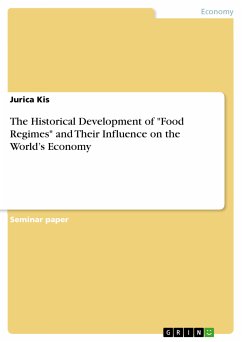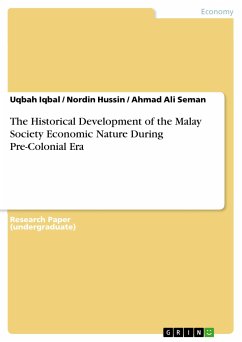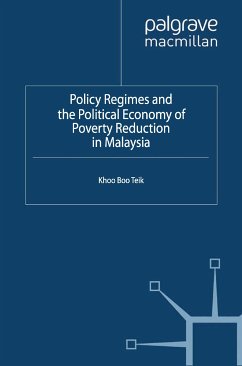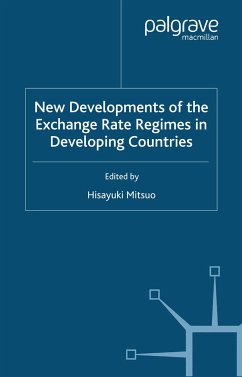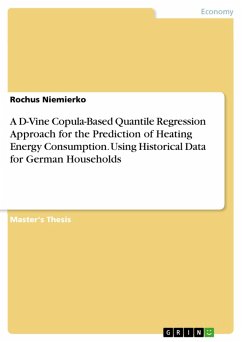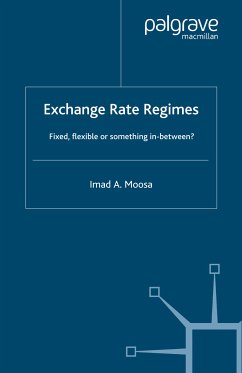Seminar paper from the year 2008 in the subject Economics - History, grade: 1,7, LMU Munich (Volkswirtschaftliche Fakultät), course: History of Business Networks, language: English, abstract: The following paper deals with the historical development of ‘Food Regimes’ by defining this phenomena in a theoretical approach, illustrating the characteristics of the several Food Regimes, and ending with a comparison of the three Food Regimes, their influence on the world’s economy and critics of these organizational concept. This chapter concentrates on the theoretical approach of Food Regimes. Therefore it takes first a closer look on the general definition of regimes and concentrates then onthe definition of Food Regimes. “Regimes are social institutions governing the actions of those involved in specifiable activities or sets of activities.” And furthermore “they are practices consisting of recognized roles linked together by clusters of rules or conventions governing relations among the occupants of these roles” (Young 1989: 12 – 13). This definition will help to understand the topic about ‘Food Regimes’, as the theory of regimes is one of the main aspects to analyze the historical development of this special kind of regimes.

